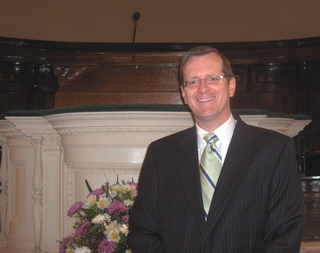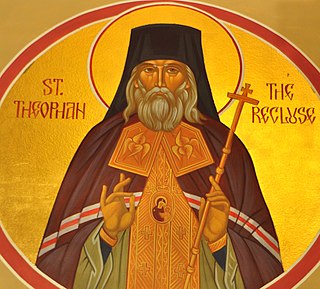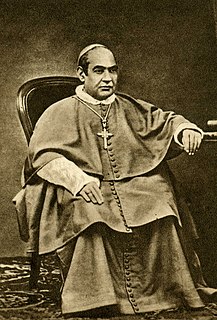A Quote by Albert Martin
The cross does not give us a minor shift or two with regard to a few of our ethical and moral and religious values. The cross radically disrupts the very center and citadel of your life from self to Christ. And if the cross has not done that, you're not a Christian!
Related Quotes
In the Cross is salvation; in the Cross is life; in the Cross is protection against our enemies; in the Cross is infusion of heavenly sweetness; in the Cross is strength of mind; in the Cross is joy of spirit; in the Cross is excellence of virtue; in the Cross is perfection of holiness. There is no salvation of soul, nor hope of eternal life, save in the Cross.
Accommodation is a central aspect of the cross-centered interpretation of violent portraits of God that I'm advocating. Like everything else in Cross Vision, this concept is anchored in the cross. On the cross, God stoops to meet us, and to enter into solidarity with us, right where we are at, which is in bondage to sin and to Satan. And he does this to free us and to bring us where he wants us to be, which is united with him in Christ. The cross is thus the paradigmatic example of God mercifully stooping to accommodate people in their fallen conditioning.
In every Christian's Heart, there is a cross and a throne, and the Christian is on the throne till he puts himself on the cross; if he refuses the cross, he remains on the throne. Perhaps this is at the bottom of the backsliding and worldliness among Gospel believers today. We want to be saved, but we insist that Christ do all the dying. No cross for us, no dethronement, no dying. We remain king within the little kingdom of man's soul and wear our tinsel crown with all the pride of a caesar; but we doom ourselves to shadows and weakness and spiritual sterility.
The Cross of Christ bears the suffering and the sin of mankind, including our own. Jesus accepts all this with open arms, bearing on His shoulders our crosses and saying to us: 'Have courage! You do not carry your cross alone! I carry it with you. I have overcome death and I have come to give you hope, to give you life' (John 3:16).
On the Way of the Cross, you see, my children, only the first step is painful. Our greatest cross is the fear of crosses. . . We have not the courage to carry our cross, and we are very much mistaken; for, whatever we do, the cross holds us tight - we cannot escape from it. What, then, have we to lose? Why not love our crosses, and make use of them to take us to heaven?
The Christian community is a community of the cross, for it has been brought into being by the cross, and the focus of its worship is the Lamb once slain, now glorified. So the community of the cross is a community of celebration, a eucharistic community, ceaselessly offering to God through Christ the sacrifice of our praise and thanksgiving. The Christian life is an unending festival. And the festival we keep, now that our Passover Lamb has been sacrificed for us, is a joyful celebration of his sacrifice, together with a spiritual feasting upon it.
Remember that each of us has his own cross. The Golgotha of this cross is our heart: it is being lifted or implanted through a zealous determination to live according to the Spirit of God. Just as salvation of the world is by the Cross of God, so our salvation is by our crucifixion on our own cross.
But we are gravely mistaken to think that Christianity protects us from the pain and agony of mortal existence. Christianity has always insisted that the cross we bear precedes the crown we wear. To be a Christian, one must take up his cross, with all of its difficulties and agonizing and tragedy-packed content, and carry it until that very cross leaves its marks upon us and redeems us to that more excellent way which comes only through suffering.
The Christian who desires to follow Jesus carrying his cross must bear in mind that the name "Christian" means "learner or imitator of Christ" and that if he wishes to bear that noble title worthily he must above all do as Christ charges us in the Gospel: We must oppose or deny ourselves, take up the cross, and follow him.
To know the Cross is not merely to know our own sufferings. For the Cross is the sign of salvation, and no man is saved by his own sufferings. To know the Cross is to know that we are saved by the sufferings of Christ; more, it is to know the love of Christ Who underwent suffering and death in order to save us. It is, then, to know Christ.
The role that blood plays in Christian iconography is huge - the washing of the blood, the shedding of blood, the blood of the cross, the crucifixion, the violence of that imagery. These are horrific, and yet they are at the center of the Christian faith. There is a place where beauty and terror merge, and it's at the cross.
A cross borne in simplicity, without the interference of self-love to augment it, is only half a cross. Suffering in this simplicity of love, we are not only happy in spile of the cross, but because of it; for love is pleased in suffering for the Well Beloved, and the cross which forms us into His image is a consoling bond of love.




































